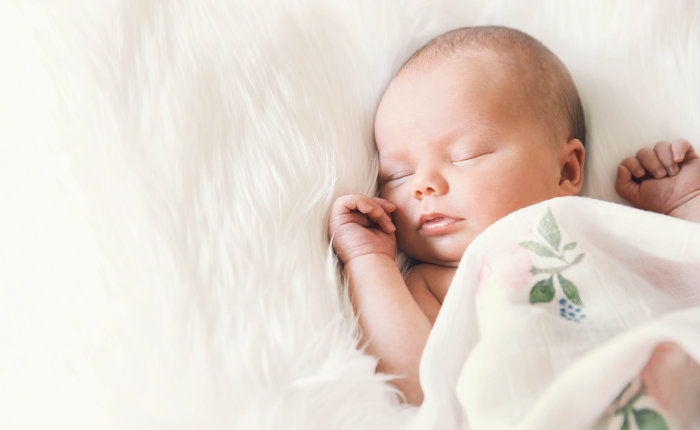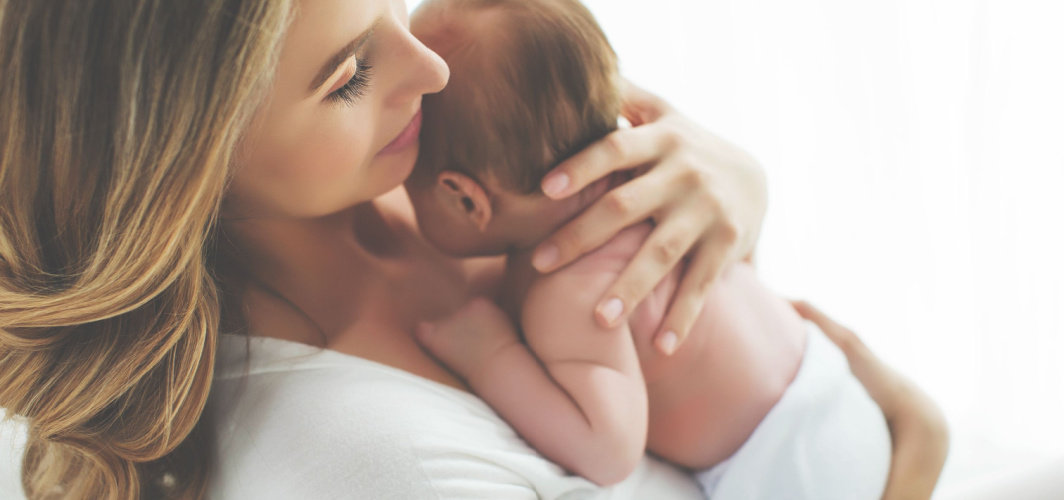- Home
- Blog
- Mom & Baby Care
The Roadmap To A Baby's Essential Milestones In The First Year
Mom & Baby Care
The Roadmap To A Baby's Essential Milestones In The First Year
By Apollo 24|7, Published on- 08 May 2023, Updated on -10 February 2025
Share this article
0
0 like

The first year of a baby's life is critical for growth. During this time, infants go through various developmental milestones that are crucial for their growth and well-being. As a new parent, you may wonder if your baby is developing normally and what to expect. It's normal to have these concerns and it is critical to keep track of your baby's development to ensure they're on track. Developmental milestones such as rolling over, crawling and walking are considered significant because they indicate the baby's physical, cognitive and social abilities. Failure to meet these milestones on time may indicate a developmental delay or problem and early intervention is very important in assisting children to attain their full potential.

Physical Development: From Newborn Reflexes to Crawling and Walking
At birth, newborns have reflexes such as rooting and sucking that help them survive. Gross motor skills such as rolling over, sitting up, crawling and walking develop as they grow. They also develop fine motor abilities like grasping (pincer and palmer grasp) and moving items with their hands. Through tummy time, play and exploration, parents can allow babies to improve these abilities.
Here are several common neonatal reflexes and when they normally disappear:
- Sucking and rooting reflex: When a baby's cheek is stroked they turn their head and open the mouth to suck. This sign is present from birth and aids in feeding.
- Moro reflex: Assists in grabbing for safety. When newborns are startled or feel like they are about to fall, they will extend their arms, legs and fingers and then pull them back in. This reflex disappears at around 3-6 months of age.
- Palmar grip reflex: When a baby's palm is touched, they grasp the object. This reflex aids with stability but disappears after 3-4 months.
- Babinski reflex: When a baby's foot is stroked, the toes fan out and the big toe moves upward. This reaction aids in walking and balance and disappears at around 12 months.
Cognitive Development: How Babies Learn and Problem-solve in the First Year
The growth and evolution of a person's mental processes are referred to as cognitive development. Babies learn and solve problems through their senses and motor skills during their first year of life. It is interesting to note that these skills continue to develop and refine through time, thus they do not disappear.
The following are the cognitive reflexes that babies normally develop throughout their first year of life:
- Newborn reflexes - Reflexes such as rooting and sucking usually diminish by the end of the first year of life.
- At 2 to 3 months - Begin to trace objects with their eyes and exhibit interest in faces.
- At about 6 to 9 months - Understand cause and effect relationships such as how crying attracts the caregiver's attention.
- At about 8 to 12 months - Develop a basic knowledge of object permanence. They learn that objects continue to exist even when they are out of sight.
- At about 9 to 12 months - Babies may begin to pronounce a few words and imitate noises and movements as they approach their first birthday.
Recommended read: Guiding Your Infant’s Growth: Essential Tips for New Parent
Language Development: From Coos to Words
Language development varies greatly between babies. While some babies begin talking later than others, some develop their linguistic skills faster.
- At birth: Babies cry, grunt and make other sounds to communicate their needs.
- Around 2 to 3 months: They start to coo and make vowel-like sounds.
- Around 4 to 6 months: Babies can babble and repeat syllables such as "ba-ba-ba" or "ma-ma-ma."
- Around 7 to 11 months: Understand some words and simple commands such as "no" or "bye-bye."
- At around 10 to 12 months: Say their first word such as "mama" or "dada."
- During the first year: Babies imitate sounds and gestures such as waving bye-bye or blowing kisses.
Social Development: From Smiles to Empathy
At birth, babies can recognize familiar voices and faces and respond to touch and warmth. However, these reflexes deepen with age and here are some milestones in social development:
- Around 2 to 3 months: Smiles in response to familiar faces or voices.
- Around 4 to 6 months: Shows signs of separation anxiety and becomes upset when separated from their primary caregiver.
- Around 7 to 9 months: Develops a sense of object permanence. They stop enjoying peekaboo games.
- Around 10 to 12 months: Prefers familiar people and is wary of strangers. They may imitate others' facial expressions and gestures and develop a basic understanding of emotions such as being able to recognise when someone is sad or happy.
Also read: Infant Development Milestones: First Year Guide
Recognizing Red Flags: When to Seek Professional Help for Baby's Developmental Milestones
Parents should consult their doctor if their child:
- Does not respond to loud noises or sounds, by 3 to 4 months.
- By 6 months of age, hasn't smiled or engaged in social interaction.
- By 9 months of age, does not babble or make sounds.
- Does not crawl or show any signs of crawling by 12 months.
- Loses previously acquired talents or milestones.
Remember that each baby develops at their speed and may cross developmental milestones at different times. If a parent is concerned about their child's growth and they feel there is a significant delay in the milestones, they should seek professional assistance from their child's healthcare provider.
Consult Apollo's Expert Paediatricians
FAQs
1. When will my child begin to crawl?
It varies but it is usually between 6 and 10 months old.
2. What indicates that my kid is ready to eat solid foods?
Once the baby has completed 6 months of age and shows interest in food, can sit up and keeps his/her head steady, then you may introduce solid foods to them.
3. What can I do to get my kid to start talking?
Talk to your infant often, read stories to them and respond to their babbling and chattering.
4. When can I expect my kid to begin walking?
It varies but it can happen anytime between 9 and 15 months old.
5. How can I help my baby's cognitive development?
Make your surroundings safe and stimulating, engage in play and conversation and provide age-appropriate toys and activities.
Consult Apollo's Expert Paediatricians
Medically reviewed by Dr Sonia Bhatt.
Services
Mom & Baby Care
Leave Comment
Services
Recommended for you

Mom & Baby Care
Tips and Tricks for Newborn Care in First 30 Days
A Baby’s birth is a time for joy, celebration, and learning for first-time parents. The first 30 days are very fragile and special for the mother and newborn baby. Taking care of newborns is essential, especially during the first month of life. According to World Health Organization (WHO), in 2020 2.4 million children died in the first month of life globally.

Mom & Baby Care
What Nutrients Are Present In Breast Milk?
Discover the amazing components of breast milk, tailored to provide the best nutrition and immunity for your precious little one.

Mom & Baby Care
Is it safe to eat papaya and pineapple during pregnancy?
Often pregnant women are advised not to eat pineapple and papaya because they result in uterine contractions. Read on to know the scientific truth.
Subscribe
Sign up for our free Health Library Daily Newsletter
Get doctor-approved health tips, news, and more.


